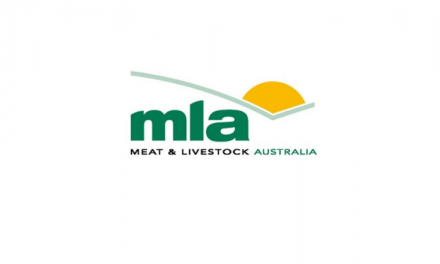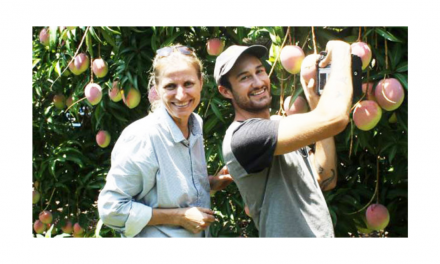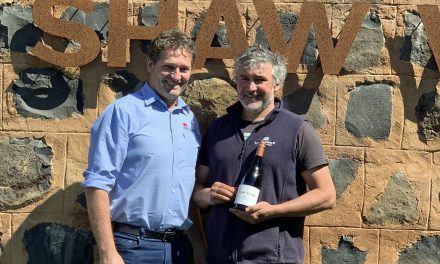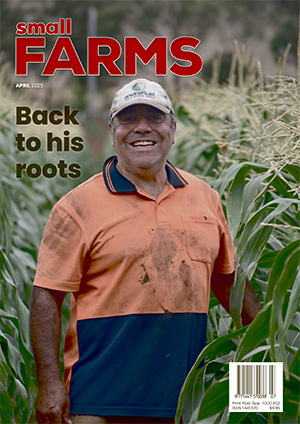Negotiations concerning the Australia-European Union Free Trade Agreement (A-EU FTA) continue to build momentum, as shown by this week’s launch of public consultations on the use of Geographic Indications (GIs).
Andrew McDonald, Chair of the Australia-EU Red Meat Market Access Taskforce (the Taskforce) said the announcement by the Australian Government regarding consultations on GIs is a positive sign that negotiations were progressing in a constructive manner.
“The Taskforce is an advocate of a comprehensive A-EU FTA and therefore endorses and welcomes the Government’s efforts to progress consultations that support these vitally important negotiations,” Mr McDonald said.
“Political leaders on both sides have recognised that discussions on agriculture and geographical indications will be among the most difficult aspects of the A-EU FTA negotiations.
“The EU has made it very clear that the protection of certain GIs is of utmost importance to their FTA ambitions. Our government and industry are similarly ambitious about getting the best possible market access outcome for Australian beef, sheepmeat and goatmeat.”
Australian beef, sheepmeat and goatmeat are currently significantly constrained by EU tariff quotas. In terms of country specific access, Australian exporters only have a 7,150 tonne high quality beef quota (with a 20% in quota tariff) and a 19,186 tonne combined sheepmeat/goatmeat quota (0% in quota tariff) – which represent tiny proportions of the EU’s ongoing imported meat requirements.
“We recognise there are many difficult discussions ahead, including those on market access for sensitive agricultural products – like beef and sheepmeat. The launch of the GI consultation process paves the way for these discussions, hopefully in the not too distant future,” Mr McDonald said.
“The A-EU FTA is a once in a lifetime opportunity to improve our access to the European market that will provide benefits to European consumers and the Australian red meat supply chain alike.
“The Taskforce looks forward to continuing to work with the Australian Government in pursuit of significantly improved market access with Europe.”








